The Wonder (2022) is inspired by the true story of the young women known as the fasting girls, who became famous on several continents between the 15th and 19th centuries for not eating any food for months, attracting the attention of curious onlookers and journalists. The legend, and the myth that was built around it based on stories of mysticism and magic, is updated in The Wonder, through an austerely filmed plot involving a Crimean War veteran nurse with a painful family past, and an 11-year-old Irish girl who, in 1862, is supposed to survive without food in a humble and fervently Catholic household that has remained on its land after the famine that killed a million people and forced others to emigrate en masse between 1845 and 1849. The film is based on the novel by Emma Donoghue, adapted by herself with director Sebastián Lelio, and screenwriter Alice Birch, author of Lady Macbeth (William Oldroyd, 2016), a film also starring Florence Pugh.
The journey to Ireland, the installation in an inn, the interview with the town’s powers that be who have hired her to prove the veracity of the facts, are a prologue that leads the spectator towards a mysterious reality, both because of the personality of the young Lib Wright, and because of the mission entrusted to her. The aesthetics of the film and, above all, the colour range help to create an enigmatic atmosphere. The nurse confronts her employers with the same distance with which a prisoner declares himself a prisoner, and so, faced with the landowner, the doctor (Toby Jones), the priest (Ciarán Hinds) and the innkeeper, she shows her extreme professionalism and agrees to take turns with a nun to watch over little Anna O’Donnell (Kila Lord Casady).
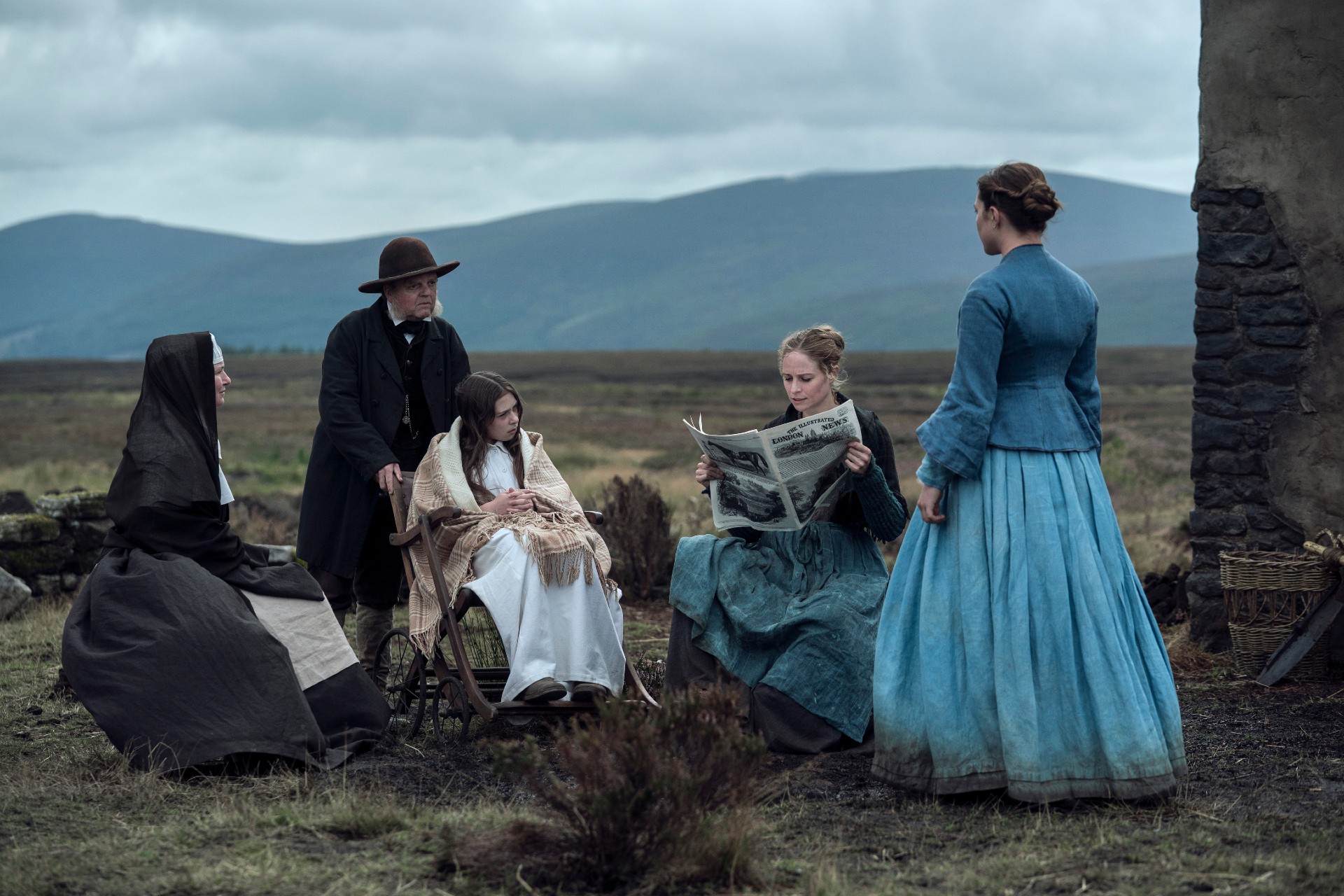
The cadence of the film will begin to be pendular, in the walks filmed by Australian cinematographer Ari Wegner, (The Power of the Dog, Lady Macbeth) the aesthetic chosen for the exteriors helps to reveal in their seemingly repetitive insignificance the displacement and distance that separates two worlds, that blue of her dress against a greyish landscape on the desolate moor could become a summary of her mission. Reinforced by the presence of Will Byrne (Tom Burke), a journalist with whom she begins a relationship at the inn, life in the village is a semblance of normality expressed, above all, through the scheduled meals at her lodgings; on the other hand, the intense surveillance sessions at the O’Donnell house in the middle of the moor are pure tension. Back and forth, again and again, Lib gnaws at the prodigy’s shell, racking his brains, searching for a logical explanation, containing his animosity towards the religious fanaticism and the sacrifice of the child, which both parents and other interested parties prefer to maintain.
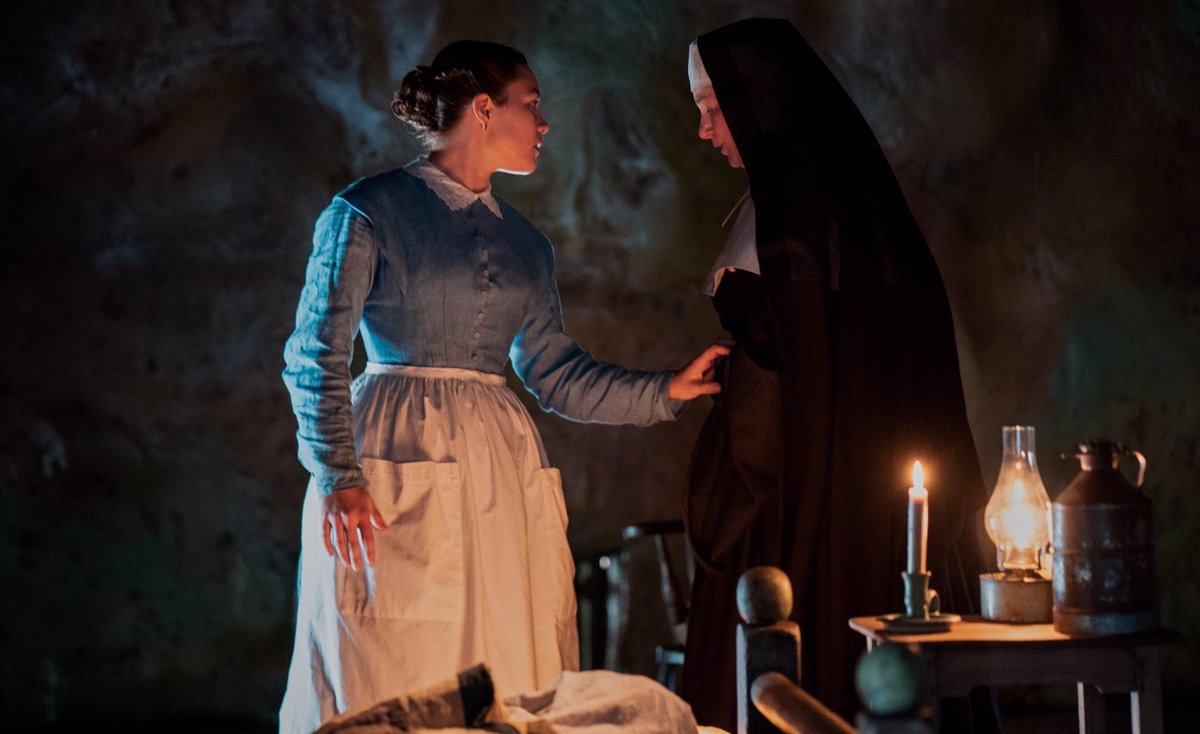
Knowing Sebastián Lelio’s filmography and the powerful portrayals of women he has offered in his previous films —Gloria (2013), A Fantastic Woman (2017) or Disobedience (2017)— we could not expect a traditional gothic story, even though the distribution on Netflix, after a limited theatrical release, could make us think of a film designed for the lowest common denominator. As he himself stated, reaching 240 million screens was an opportunity not to be missed, and he certainly took it. In The Wonder, the imposing presence of the magnificent Florence Pugh, with a display of humanity, but also of assertiveness and the rationality of scientific thought, is justified by an approach of equivalent depth.
The credibility of Lib, a woman who has been a mother, who has seen death in the eyes of those who have been in her care, is alchemically transmitted in the contact with Anna, provoking a reaction that overcomes suspicion and mistrust. The two opposing poles, scientific and mythical thought, challenge each other in silence, with respect, to arrive at a transformative dialogue, through metaphors —like the bird and the cage painted on two sides of a spinning plate— and an empathy free of prejudice, in a tireless exercise in psychotherapy, reminiscent of The Miracle Worker.
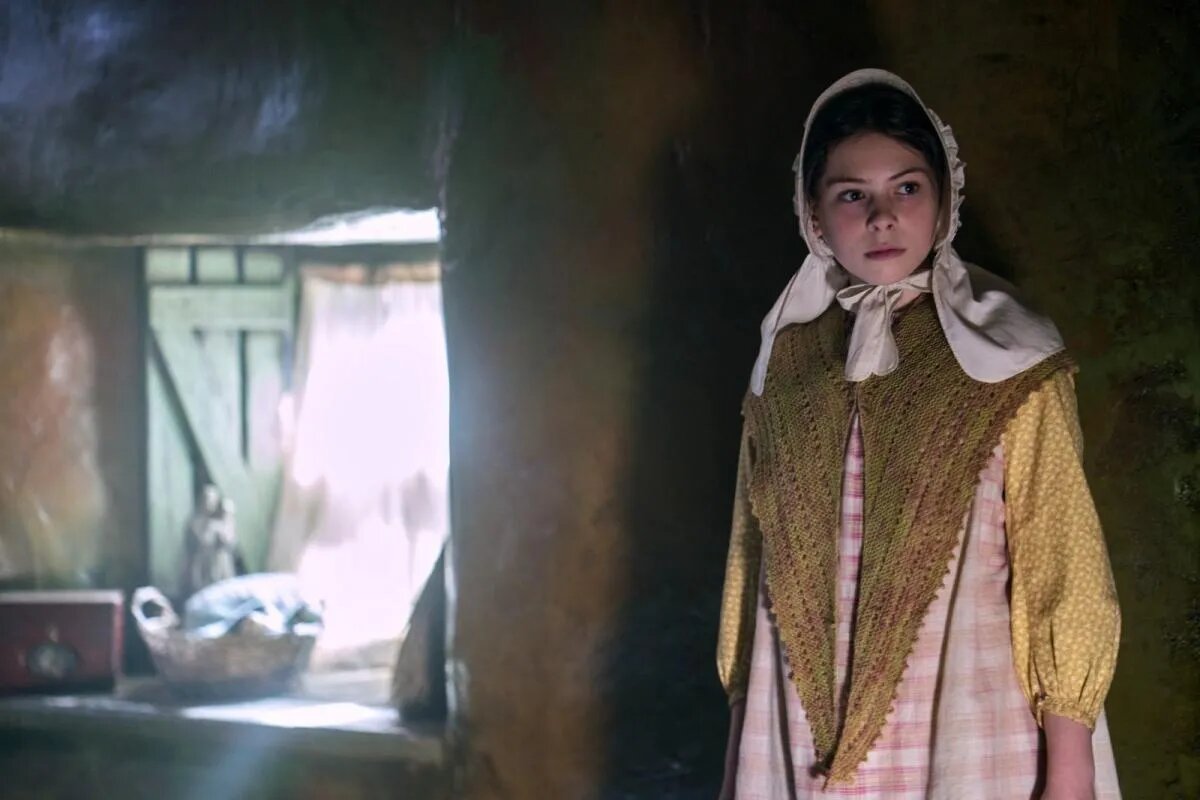
Lelio’s approach, however, and in a new direction in his filmography, moves away from a predictable narrative —exposing the consequences of social or religious intolerance in women who rebel against their destiny— to introduce elements that will define his objective and take the spectator to the point he is looking for. The enigma of fasting —not coincidentally, an eating disorder historically deeply rooted in women, as a response to pressure from the environment— is the MacGuffin of a story that leads us little by little, with a careful and efficient rhythm, to other dimensions: the value of stories and that of faith, their necessity and their function, and, in particular, the way they operate in the creation of a female conscience or in the management of trauma.
On the one hand, it shows us the self-interested dogmatism of religion, whose postulates referring to martyrdom and sacrifice justify submission and validate passivity; on the other, the potential of the narratives we construct collectively or personally. These, unlike the faith that is demanded of us blindly and permanently, are a construct that can be manipulative by inculcating teachings, but also voluntary, because they imply the freedom to think, create and believe, even for our self-deception. We tell ourselves stories to understand the world, but they tell us dogmas to subjugate us. In the case of little Anna, Lelio illustrates this process to perfection and it will be what we enjoy most in his film, if we do not remain in the gothic mystery and are able to see the underside of the fabric. The real enigma is that of the acquired conscience, the awakening and the understanding of the mechanisms by which manipulation operates to turn victims into martyrs, to exculpate and try to save the executioners. There is no greater detective work than that which unveils our own mysteries.
That sense of theatricality that oozes from The Wonder, the silences, the pauses, the reiterations, which may alienate some viewers, are justified as the film progresses as a voluntary and coherent approach to its message: that the audience becomes aware that they are watching a filmed story, and that they know they are also free to believe and to decide whether the bird is free or caged. Sebastián Lelio addresses his audience directly, breaks the fourth wall and forces us to see that without stories we do not exist.

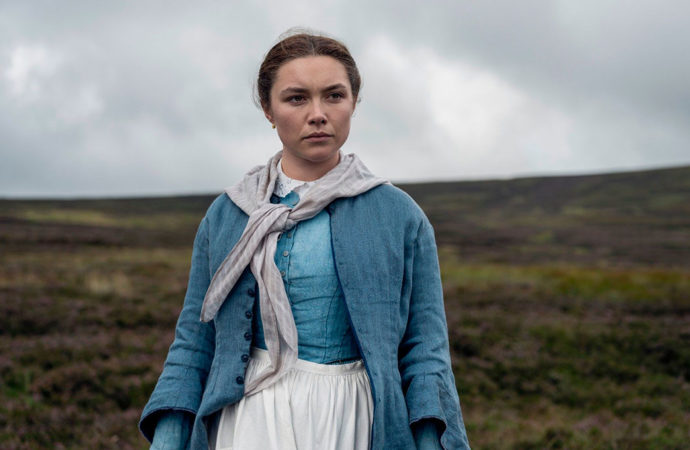

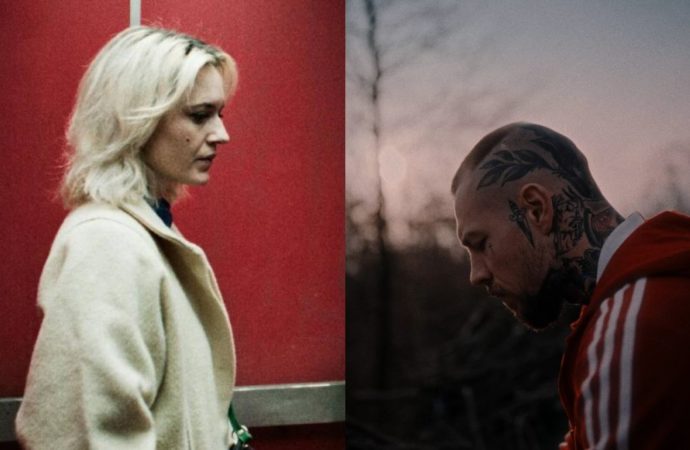
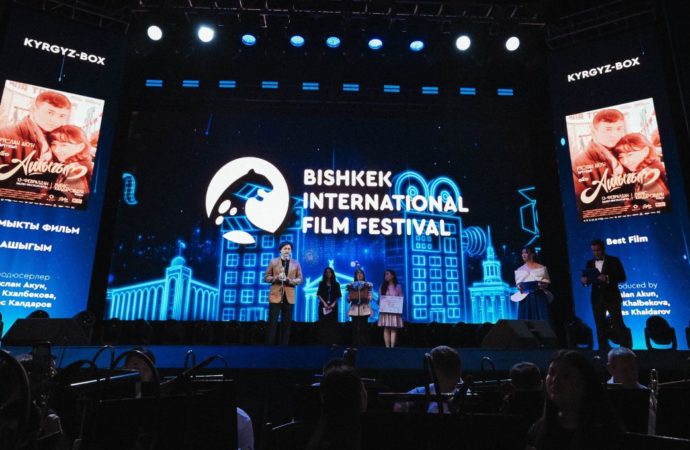
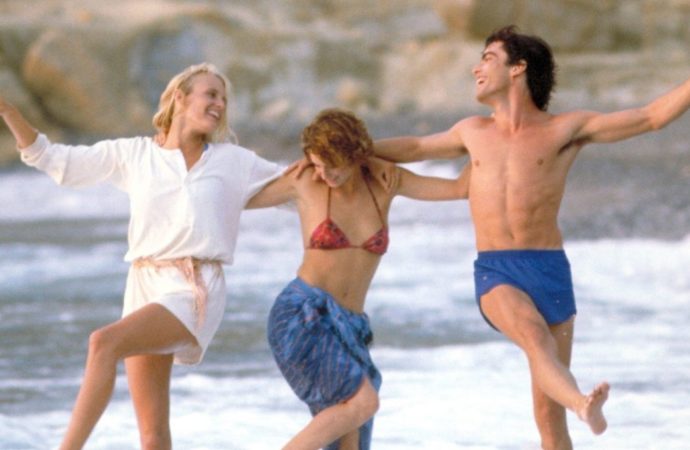
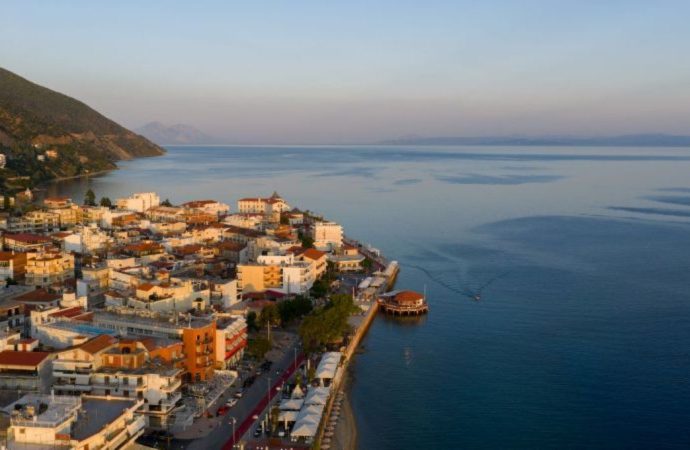
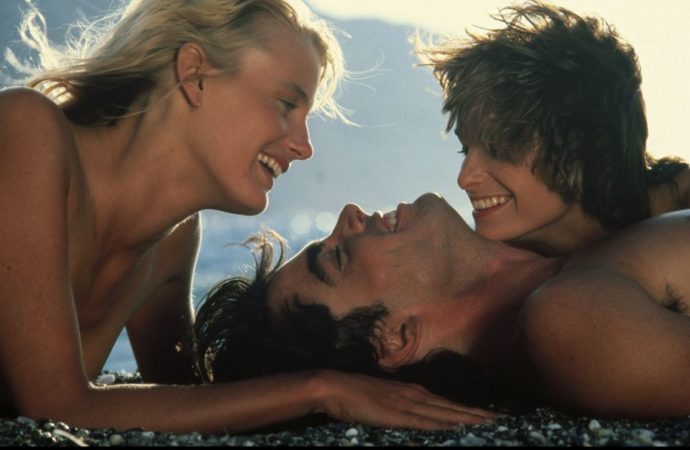

No one has posted any comments yet. Be the first person!